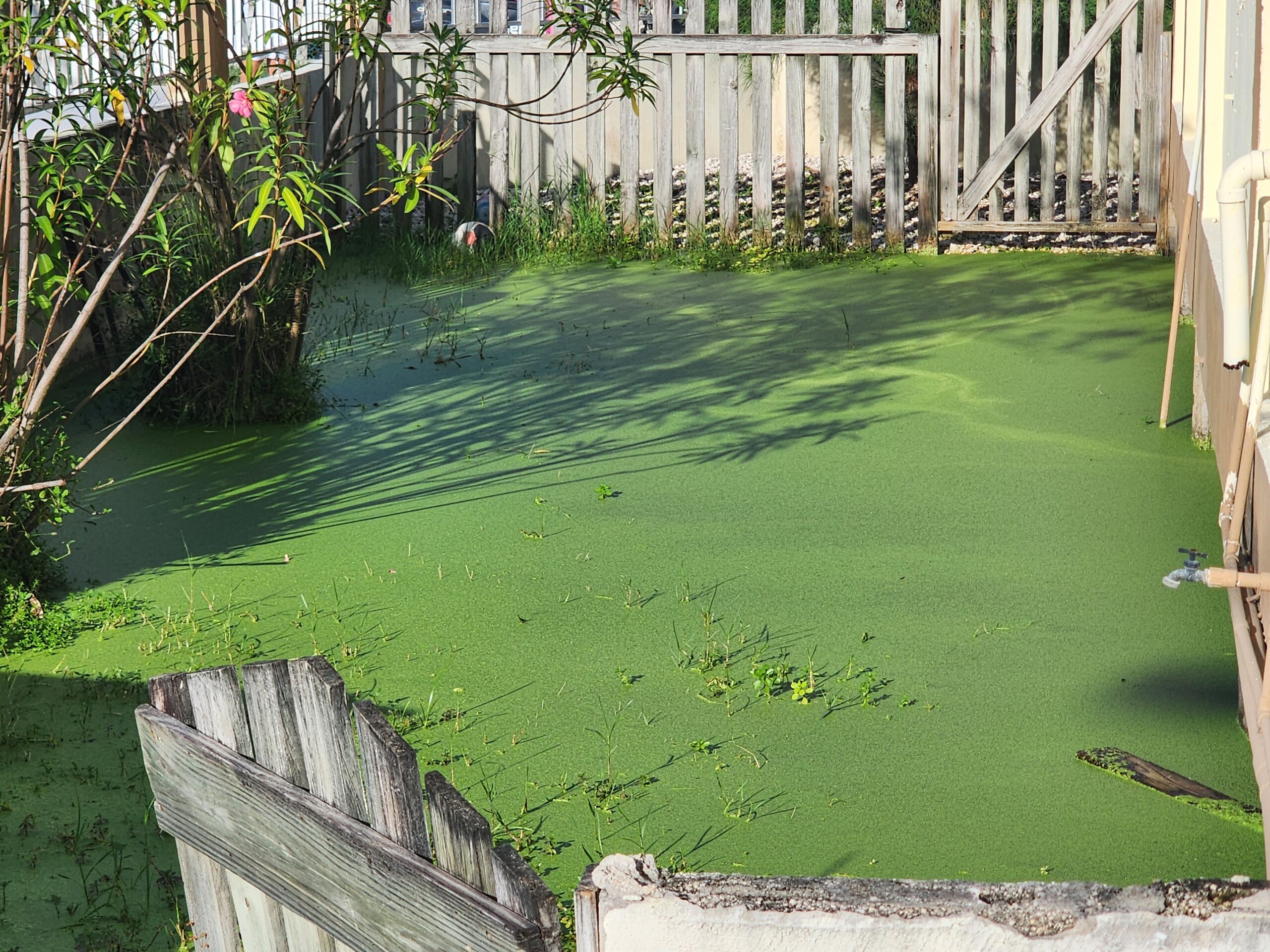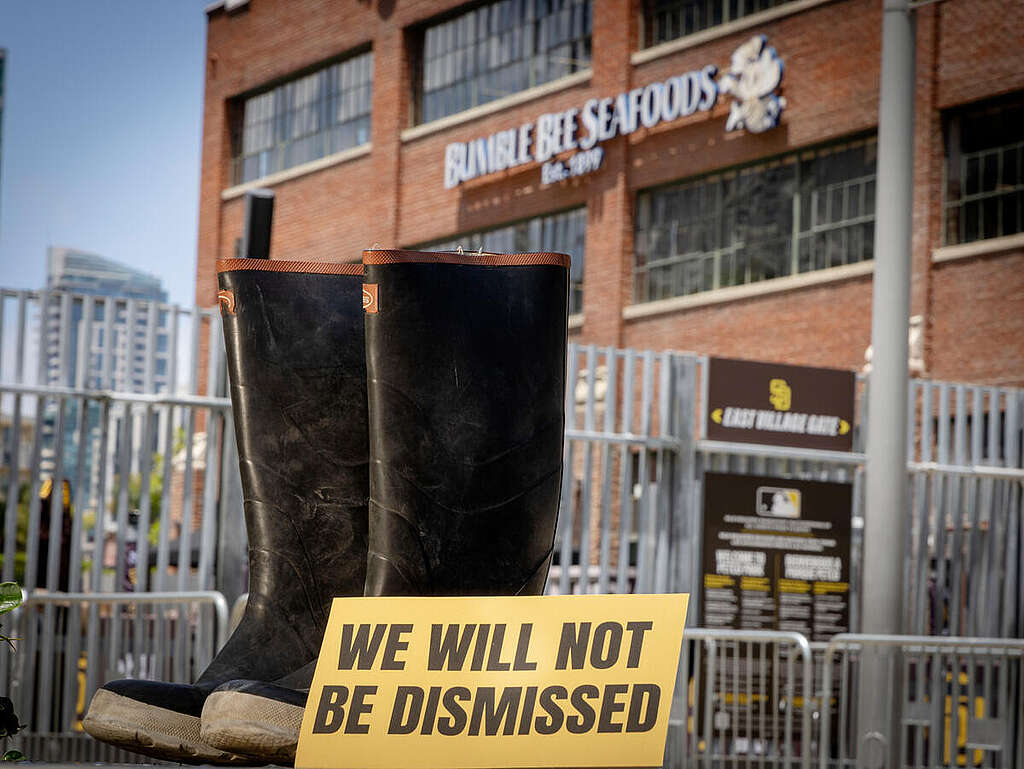City of Hoboken announces annual Green Fair on Oct. 4 – City of Hoboken NJ (.gov)

Report on Hoboken’s Initiatives for Sustainable Urban Development
Introduction: Aligning with Global Sustainability Frameworks
The City of Hoboken is advancing its commitment to the United Nations Sustainable Development Goals (SDGs) through a series of community-focused environmental initiatives. The upcoming Hoboken Green Fair and the ongoing Green Business Recognition Program serve as key instruments in this strategy. These programs are designed to foster public-private partnerships, directly contributing to SDG 17 (Partnerships for the Goals), while building a more resilient and environmentally conscious city in line with SDG 11 (Sustainable Cities and Communities).
The Hoboken Green Fair: Fostering Responsible Consumption (SDG 12)
Scheduled for Saturday, October 4, at Church Square Park, the Hoboken Green Fair is an educational platform intended to accelerate the adoption of sustainable practices among residents. The event’s objectives are directly aligned with promoting sustainable consumption and production patterns as outlined in SDG 12.
- Objective 1: Introduce sustainable lifestyle choices to the community to reduce ecological footprints.
- Objective 2: Raise public awareness regarding pressing environmental issues, enhancing climate literacy in support of SDG 13 (Climate Action).
- Objective 3: Showcase local green businesses, non-profits, and vendors offering products and services that support a sustainable economy.
The fair will emphasize key areas for action, including:
- Promotion of eco-friendly goods and services.
- Strategies for energy and water conservation, supporting SDG 7 (Affordable and Clean Energy) and SDG 6 (Clean Water and Sanitation).
- Methods for decreasing reliance on fossil fuels, a critical component of SDG 13.
The Green Business Recognition Program: Promoting Sustainable Economic Growth (SDG 8 & SDG 12)
The Hoboken Green Business Recognition Program is a formal initiative to honor and incentivize local enterprises that integrate sustainability into their core operations. This program fosters a green economy, contributing to SDG 8 (Decent Work and Economic Growth) by supporting businesses that are both economically viable and environmentally responsible.
Businesses are evaluated based on their commitment to actions that advance the SDGs, including:
- Waste Reduction: Implementing comprehensive waste reduction and recycling programs for hard-to-recycle materials, directly addressing targets within SDG 12.
- Energy Efficiency: Utilizing energy-efficient lighting and equipment to reduce consumption, in line with SDG 7.
- Sustainable Procurement: Purchasing in bulk to minimize packaging and prioritizing environmentally friendly suppliers, a key tenet of SDG 12.
- Community Engagement: Participating in environmental causes and contributing to a citywide culture of sustainability.
Recognized businesses receive support to enhance their visibility and impact, including a storefront decal, digital branding, and complimentary vendor space at the Green Fair, thereby creating a thriving network of environmentally conscious enterprises.
Strategic Framework: Hoboken’s Climate Action Plan (SDG 13 & SDG 7)
These community programs are underpinned by Hoboken’s Climate Action Plan, a strategic policy framework established in 2019 to guide the city’s efforts in combating climate change. The plan sets ambitious targets that are critical for achieving SDG 13 (Climate Action).
- Primary Goal 1: Achieve city-wide carbon neutrality by 2050.
- Primary Goal 2: Achieve net-zero energy status by 2030.
Progress towards these goals is demonstrated through a portfolio of implemented projects, each contributing to specific SDGs:
- Residential Composting Program: Reduces organic waste sent to landfills, supporting SDG 11 and SDG 12.
- Textile Recycling Program: Promotes a circular economy for textiles, aligning with SDG 12.
- Municipal Energy Upgrades: Enhances energy efficiency in public buildings, contributing to SDG 7 and SDG 11.
- Fleet Electrification: Reduces transport emissions from municipal operations, a key action for SDG 13.
- Community Solar Program: Increases access to renewable energy for residents, directly supporting SDG 7.
These initiatives, organized by the City of Hoboken and the volunteer-led Hoboken Green Team, exemplify a multi-stakeholder approach to creating a sustainable and resilient urban environment in alignment with global development goals.
Analysis of Sustainable Development Goals (SDGs) in the Article
1. Which SDGs are addressed or connected to the issues highlighted in the article?
The article on Hoboken’s green initiatives addresses several Sustainable Development Goals (SDGs) by focusing on community engagement, environmental responsibility, and climate action at a municipal level. The following SDGs are directly connected to the issues discussed:
- SDG 7: Affordable and Clean Energy: The article highlights initiatives aimed at energy conservation and the adoption of clean energy sources, such as “energy-efficient upgrades in municipal buildings,” the “electrification of the municipal fleet,” and a “community solar program.”
- SDG 11: Sustainable Cities and Communities: The entire article is centered on making the City of Hoboken more sustainable. It describes efforts to “build a citywide culture of sustainability,” manage waste through composting and recycling programs, and create a “greener, healthier city” for its residents.
- SDG 12: Responsible Consumption and Production: The Hoboken Green Fair’s goal is to “introduce sustainable lifestyle choices” and show consumers how to “reduce their environmental impact.” The Green Business Recognition Program encourages local businesses to adopt sustainable practices like “reducing waste, recycling hard-to-recycle items,” and minimizing packaging.
- SDG 13: Climate Action: The article explicitly mentions “Hoboken’s Climate Action Plan to reduce greenhouse gas emissions and combat climate change.” It also states the city’s commitment to “take climate action seriously” with clear goals to become “carbon neutral by 2050.”
- SDG 17: Partnerships for the Goals: The initiatives described are built on collaboration. The City of Hoboken partners with the “volunteer-led” Hoboken Green Team, “local vendors, nonprofit organizations, and green businesses” to organize the Green Fair and promote sustainability, showcasing a multi-stakeholder approach.
2. What specific targets under those SDGs can be identified based on the article’s content?
Based on the initiatives and goals described in the article, several specific SDG targets can be identified:
- Target 7.3: By 2030, double the global rate of improvement in energy efficiency. This is addressed through Hoboken’s “energy-efficient upgrades in municipal buildings” and the promotion of “energy-efficient lighting” in the Green Business program.
- Target 11.6: By 2030, reduce the adverse per capita environmental impact of cities, including by paying special attention to air quality and municipal and other waste management. This is reflected in the “expansion of Hoboken’s residential composting drop-off program” and the launch of the “textile recycling program.”
- Target 12.5: By 2030, substantially reduce waste generation through prevention, reduction, recycling and reuse. The Green Business program directly supports this by recognizing businesses for “reducing waste” and “recycling hard-to-recycle items.”
- Target 12.8: By 2030, ensure that people everywhere have the relevant information and awareness for sustainable development and lifestyles. The Hoboken Green Fair is a direct mechanism for this target, as it “aims to introduce sustainable lifestyle choices to the community” and “raise awareness about environmental issues.”
- Target 13.2: Integrate climate change measures into national policies, strategies and planning. Hoboken demonstrates this at a local level through its “Climate Action Plan to reduce greenhouse gas emissions and combat climate change,” which includes specific goals like becoming “carbon neutral by 2050.”
- Target 17.17: Encourage and promote effective public, public-private and civil society partnerships. The collaboration between the City of Hoboken, the volunteer Green Team, and local businesses to organize the Green Fair and implement the Green Business Recognition Program is a clear example of such a partnership.
3. Are there any indicators mentioned or implied in the article that can be used to measure progress towards the identified targets?
The article mentions or implies several indicators that can be used to track progress towards the identified targets:
- Progress towards city-level climate goals: The article states clear, measurable goals from Hoboken’s Climate Action Plan, such as “become carbon neutral by 2050 and net-zero energy by 2030.” Progress towards these long-term goals is a key indicator for SDG 13.
- Expansion of waste management programs: The article provides concrete metrics for waste management, such as the opening of “eight new drop-off composting locations” and the “tripling size of [the] program,” which serve as direct indicators for Target 11.6.
- Number of participating businesses: The number of businesses applying for and receiving recognition through the “Hoboken Green Business Recognition Program” can be used as an indicator of the adoption of sustainable practices by the private sector (Target 12.5).
- Implementation of clean energy projects: The progress of initiatives like the “electrification of the municipal fleet” and the “community solar program” can be tracked to measure advancements in clean energy adoption (SDG 7).
- Community engagement and awareness: The number of vendors and attendees at the annual “Hoboken Green Fair” can serve as a proxy indicator for the level of community awareness and engagement in sustainable practices (Target 12.8).
Summary Table of SDGs, Targets, and Indicators
4. SDGs, Targets, and Indicators Identified in the Article
| SDGs | Targets | Indicators |
|---|---|---|
| SDG 7: Affordable and Clean Energy | 7.3: Improve energy efficiency. | Number of energy-efficient upgrades in municipal buildings; Number of businesses using energy-efficient lighting. |
| SDG 11: Sustainable Cities and Communities | 11.6: Reduce the environmental impact of cities, particularly in waste management. | Number of new composting drop-off locations (8 mentioned); Expansion of the residential composting program (“tripling size”); Volume of materials collected through textile recycling. |
| SDG 12: Responsible Consumption and Production | 12.5: Substantially reduce waste generation. | Number of businesses participating in the Green Business Recognition Program for actions like “reducing waste” and “recycling.” |
| 12.8: Promote awareness for sustainable lifestyles. | Number of vendors and attendees at the Hoboken Green Fair. | |
| SDG 13: Climate Action | 13.2: Integrate climate change measures into policies and planning. | Existence and implementation of Hoboken’s Climate Action Plan; Progress toward city goals of being carbon neutral by 2050 and net-zero energy by 2030. |
| 13.3: Improve education and awareness-raising on climate change. | Hosting of public outreach events like the Hoboken Green Fair to “empower residents to take climate action.” | |
| SDG 17: Partnerships for the Goals | 17.17: Encourage effective public, public-private and civil society partnerships. | Active collaboration between the City of Hoboken, the Hoboken Green Team (civil society), and local businesses/non-profits. |
Source: hobokennj.gov

What is Your Reaction?
 Like
0
Like
0
 Dislike
0
Dislike
0
 Love
0
Love
0
 Funny
0
Funny
0
 Angry
0
Angry
0
 Sad
0
Sad
0
 Wow
0
Wow
0





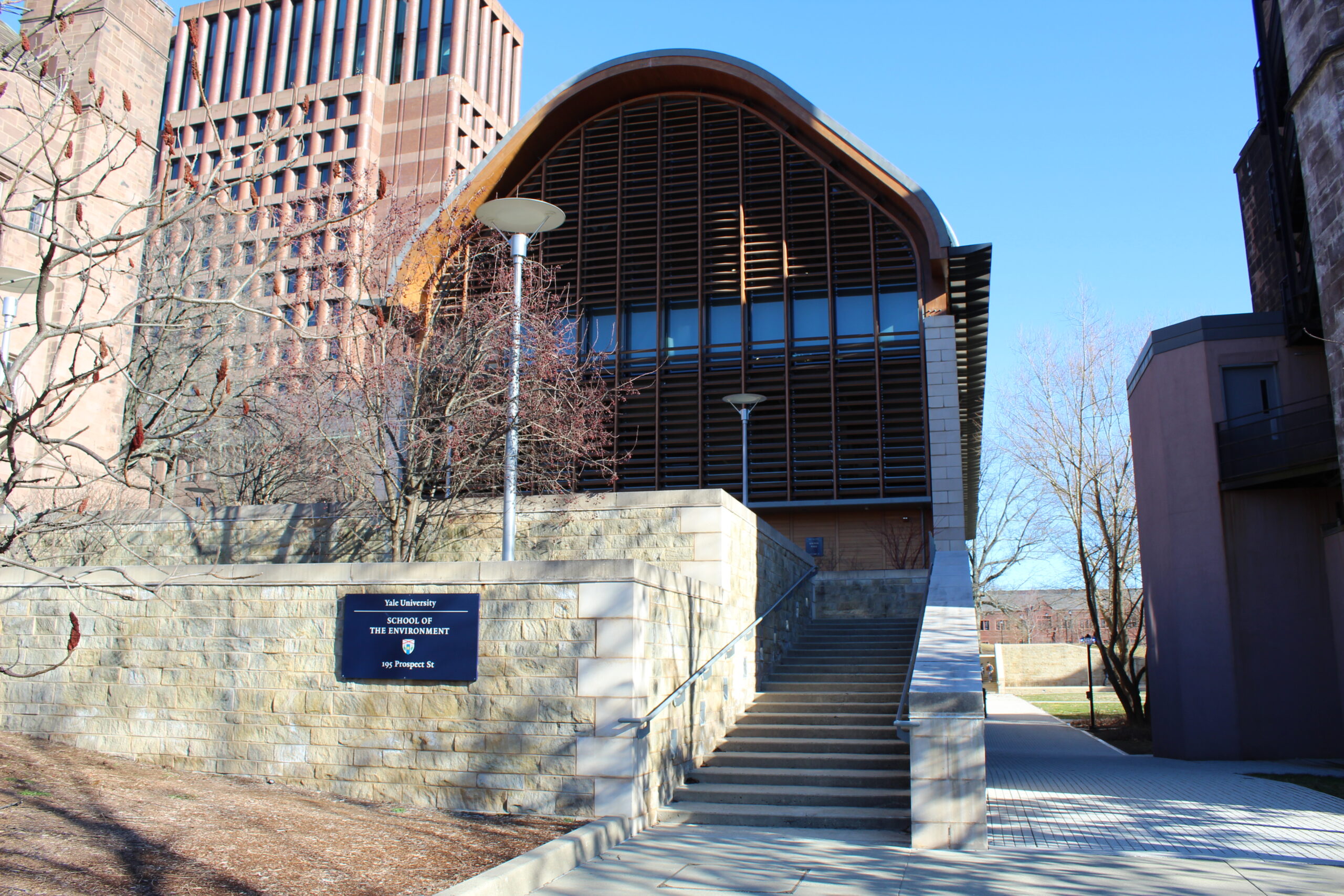






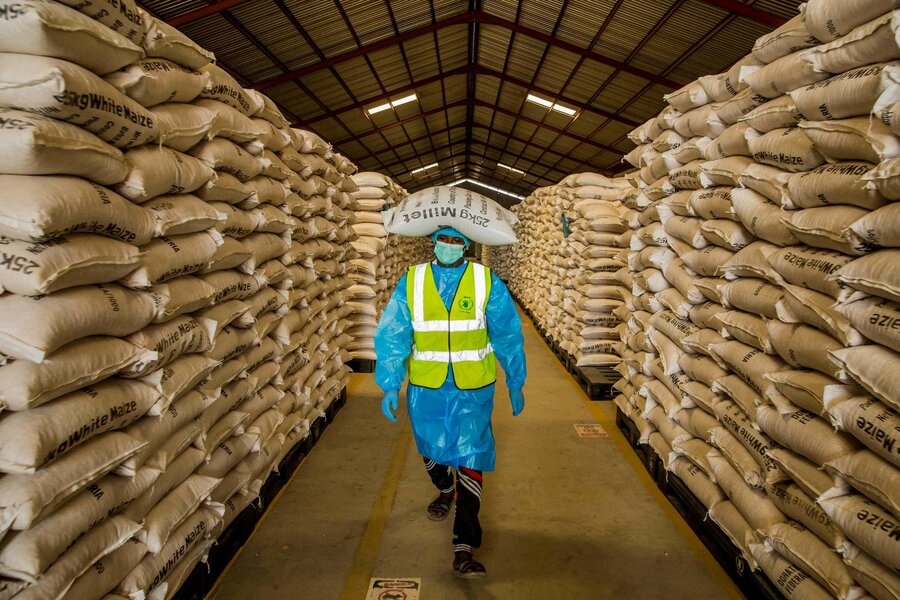












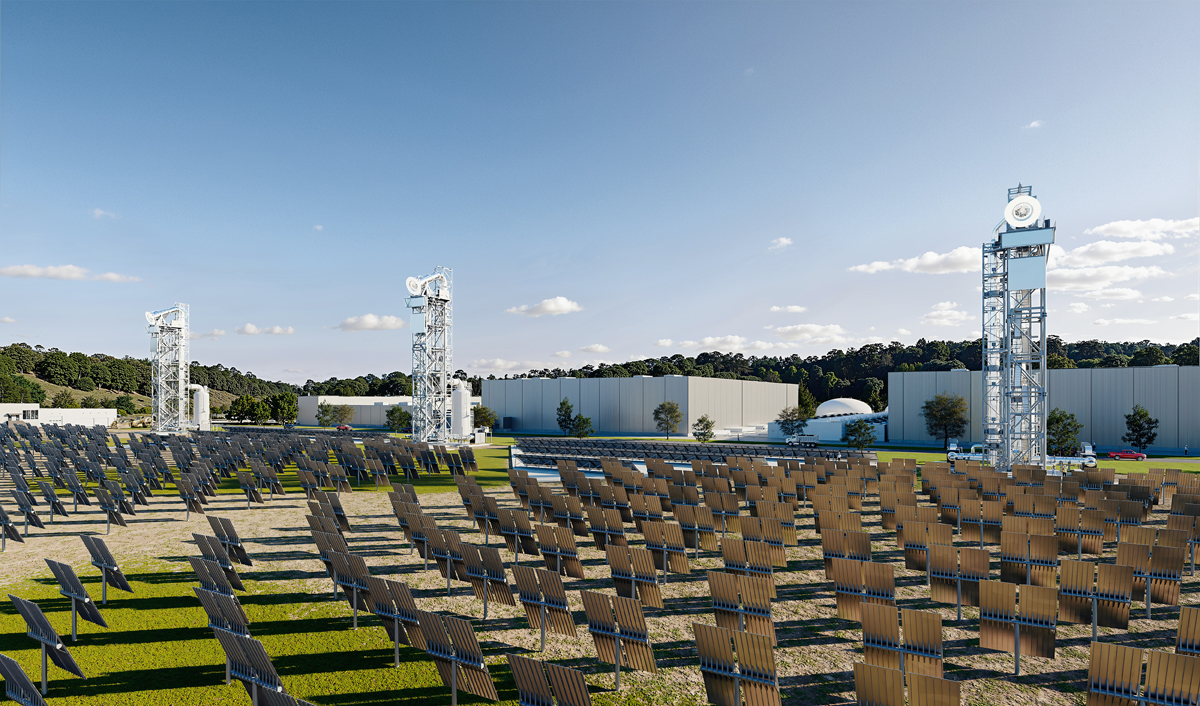


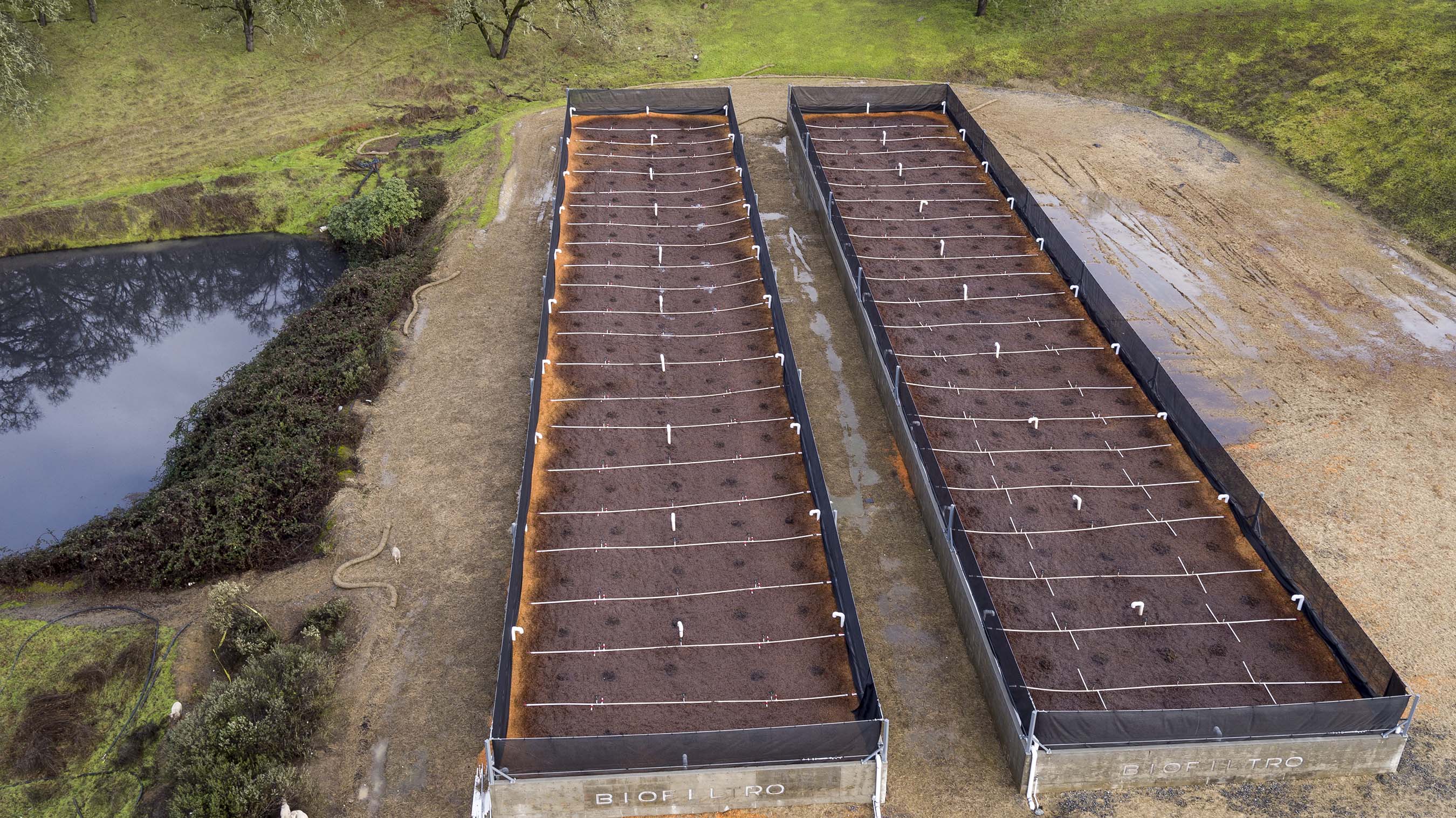

















.jpg.webp?itok=0ZsAnae9#)




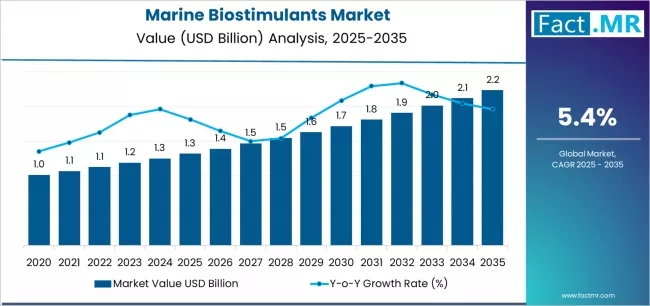


:focal(1500,1000)/https://media.globalcitizen.org/a6/9a/a69a4720-d8a1-4715-b596-18738d03c05c/rotary_polio_hero_image.jpg?#)

/countries/sri-lanka/photo-credit---dmc-sri-lanka.tmb-1200v.jpg?sfvrsn=dc298bcc_1#)








